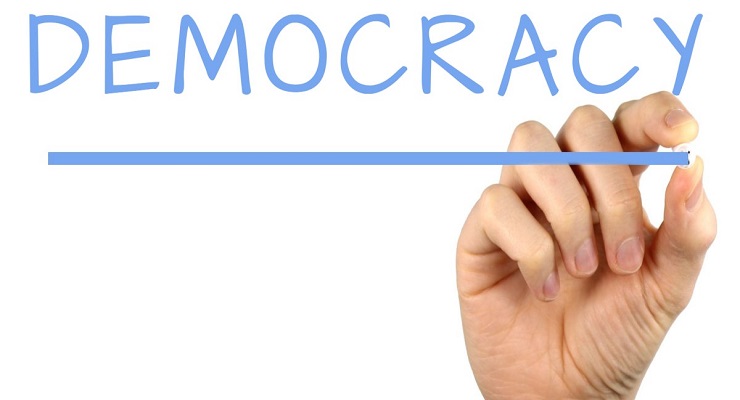
A really interesting research article written by Arthur Galamba & Brian Matthews argues for the development of a pedagogy of democracy in the face of rising trends in fascism. Here is an abstract:
In the twenty-first century, the rise and support of fascism-related views threaten freedom of speech, freedom of sexual orientation, religious tolerance and progressive agendas that advocate equity. We argue that mainstream science education generally does not, but should, educate students against fascism-related views—such as racism, sexism, homophobia and religious intolerance—with a view to strengthening mutual respect and the common good. We argue some science teaching practices are found to be suitable to fascism-like ideologies (e.g. race in genetics teaching), and that the use of the concept of ‘scientific literacy’ has focused on neoliberal possessive individualism. As a consequence, mainstream science education overlooks the development of sympathy, altruism and interpersonal skills. We also discuss the activity of science education in authoritarian, undemocratic regimes in history, showing that fascist regimes have long used ‘apolitical’ scientists’ achievements to establish and expand regimes’ intolerant and violent ideologies. We use that historical relationship to argue fascism is science education’s business. Given the fear that current political discourses in many countries are again swinging towards fascism, we outline potential pathways for science education which focus on the social and emotional development of students. We argue that to develop a pedagogy for democracy, that attends to equity and social justice, it is imperative it enables pupils to develop at a psychological level with diverse others, including through their own agency. This pedagogy builds on critical pedagogies.
Read the article here.
Leave a Reply